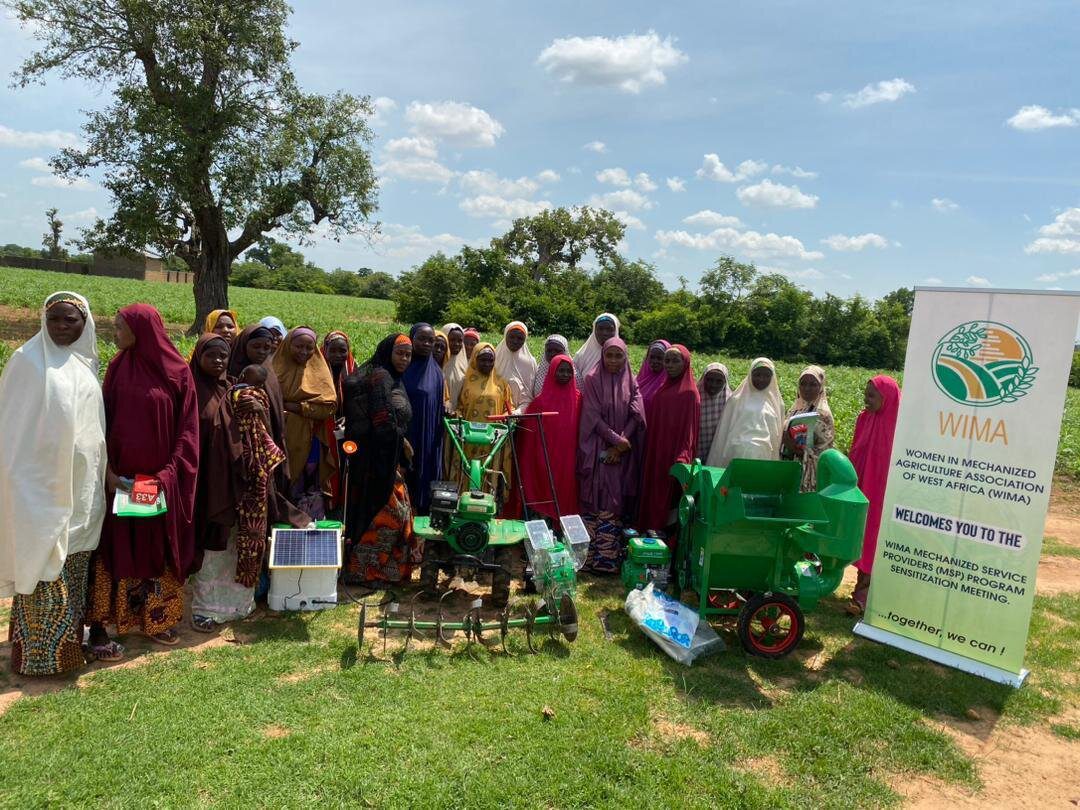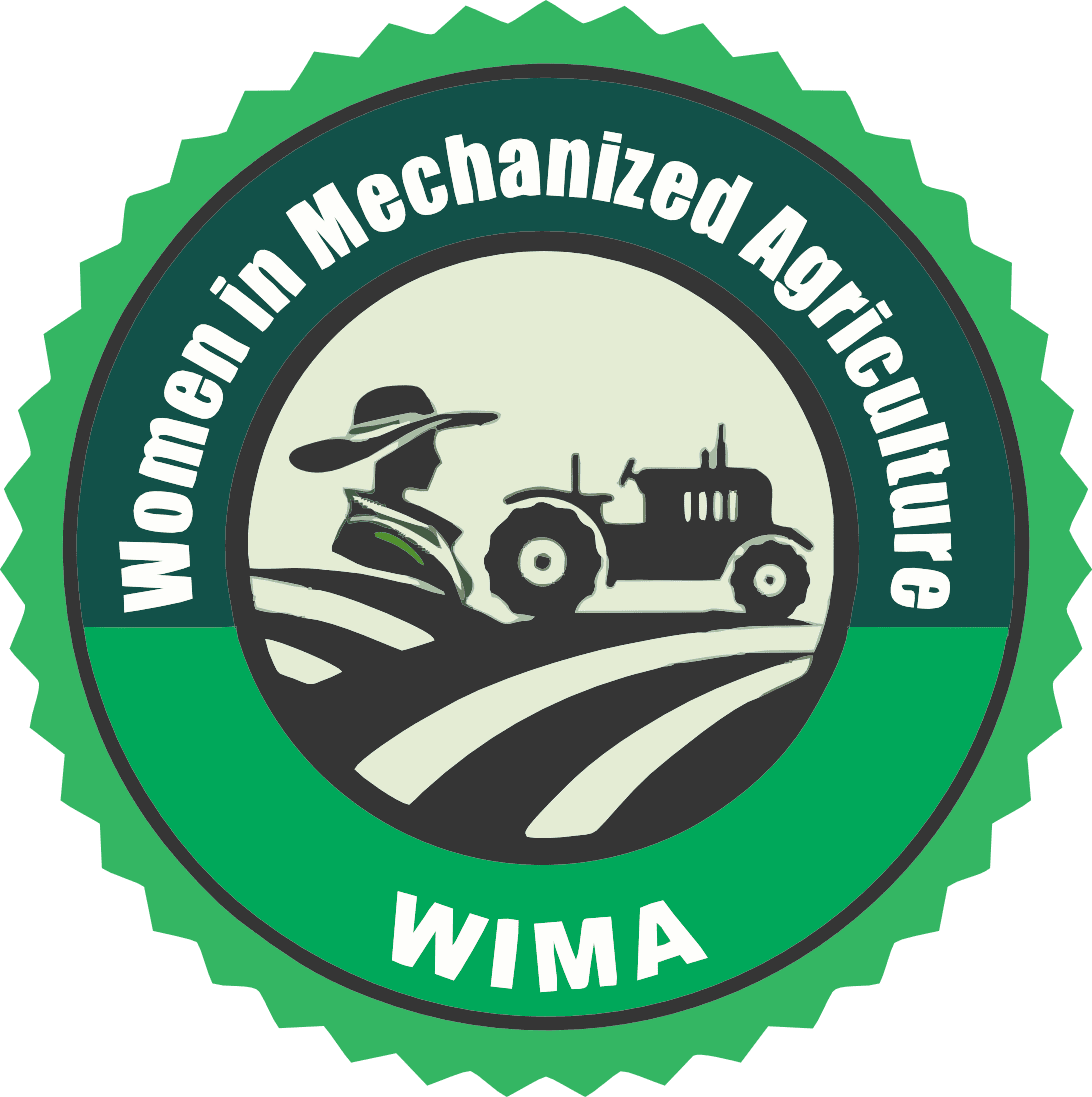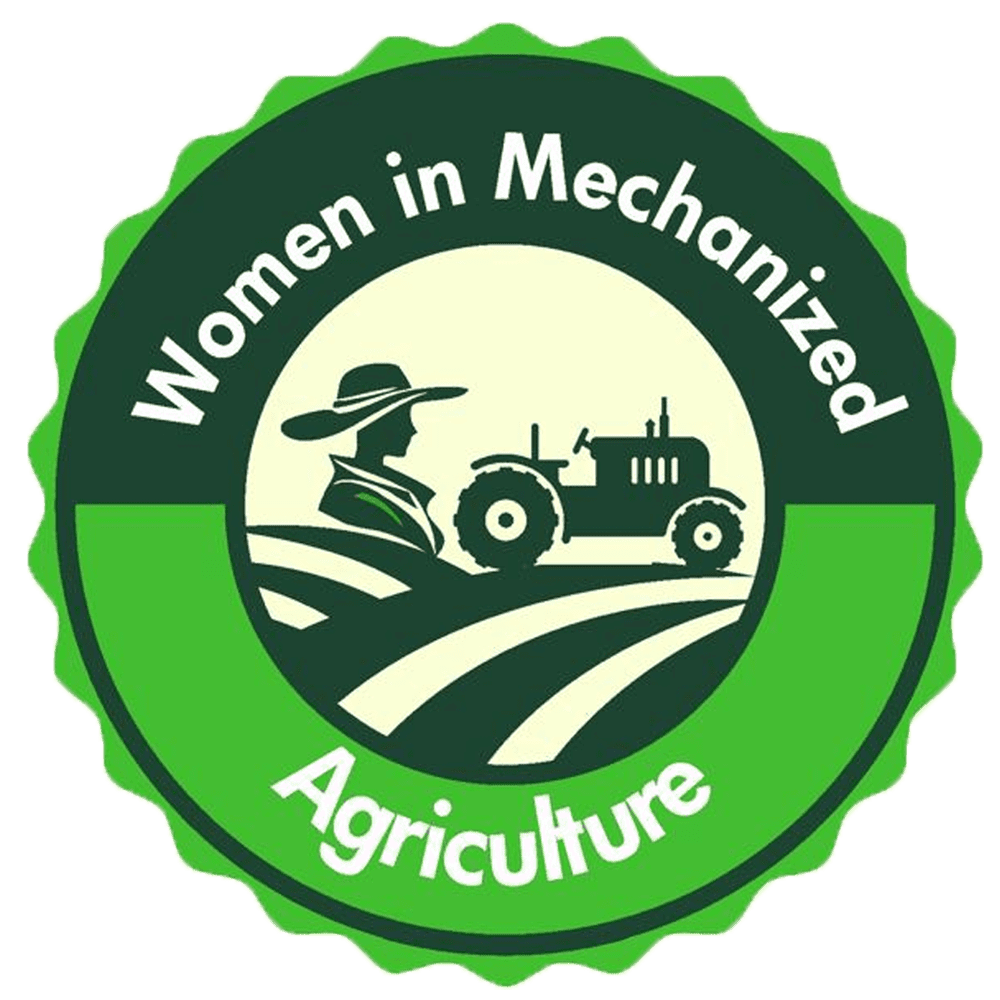
The Women in Mechanized Agriculture (WIMA) project is empowering Nigerian women farmers by providing affordable mechanization services to improve agricultural productivity and income. The initiative focuses on Kaduna, Kano, Gombe, and Adamawa states, where smallholder farmers, particularly women, face challenges accessing modern farming tools.
WIMA has established mechanization hubs that offer solar-powered irrigation systems, CNG-powered tillers, and mechanized threshers, reducing reliance on costly fuel. The project has trained 120 women as Mechanization Service Providers (MSPs), equipping them with the skills to operate and manage these tools while providing services to 5,000 farmers.
By shifting from manual farming to mechanized solutions, farmers increase productivity, reduce post-harvest losses, and cut costs. The initiative also improves climate resilience by reducing greenhouse gas emissions. Through market linkages, farmers gain better access to buyers, increasing their earnings. WIMA is transforming farming into a sustainable, profitable, and women-led enterprise in Nigeria.
Hiring Service as Business – Mastercard Foundation Funded Research Project
The Women in Mechanization project successfully carried out a proof-of-concept research project to confirm that Mechanization as a service can be profitable for women who run the equipment as women were trained and equipped as Mechanization Service Providers (MSPs), enabling them to operate and manage small to medium-scale mechanization tools, including motorized ploughs, planters, and harvesters. The Project lasted for 1 year and also empowered female farmers in Nigeria by providing access to affordable mechanized farming tools. The initiative targeted Kaduna and Kano states, where women faced limited access to agricultural mechanization due to high costs, socio-cultural barriers, and lack of financing.
Through this project. These tools significantly reduced manual labor, increased productivity, and improved farm efficiency.
The project also introduced digital tracking technology, allowing MSPs to monitor equipment usage and earnings. By creating a women-led mechanization model, the initiative helped reduce gender disparities in agriculture, promoted financial inclusion, and improved food security. The success of the project demonstrated that women can thrive as service providers in agricultural mechanization, paving the way for future expansion and investment
iii.Project update for news highlights
Propcom+ had supported WIMA with solar powered machines and equipment across it’s 12 hub with 3 in each states of Adamawa, Gombe, Kaduna, and Kano

